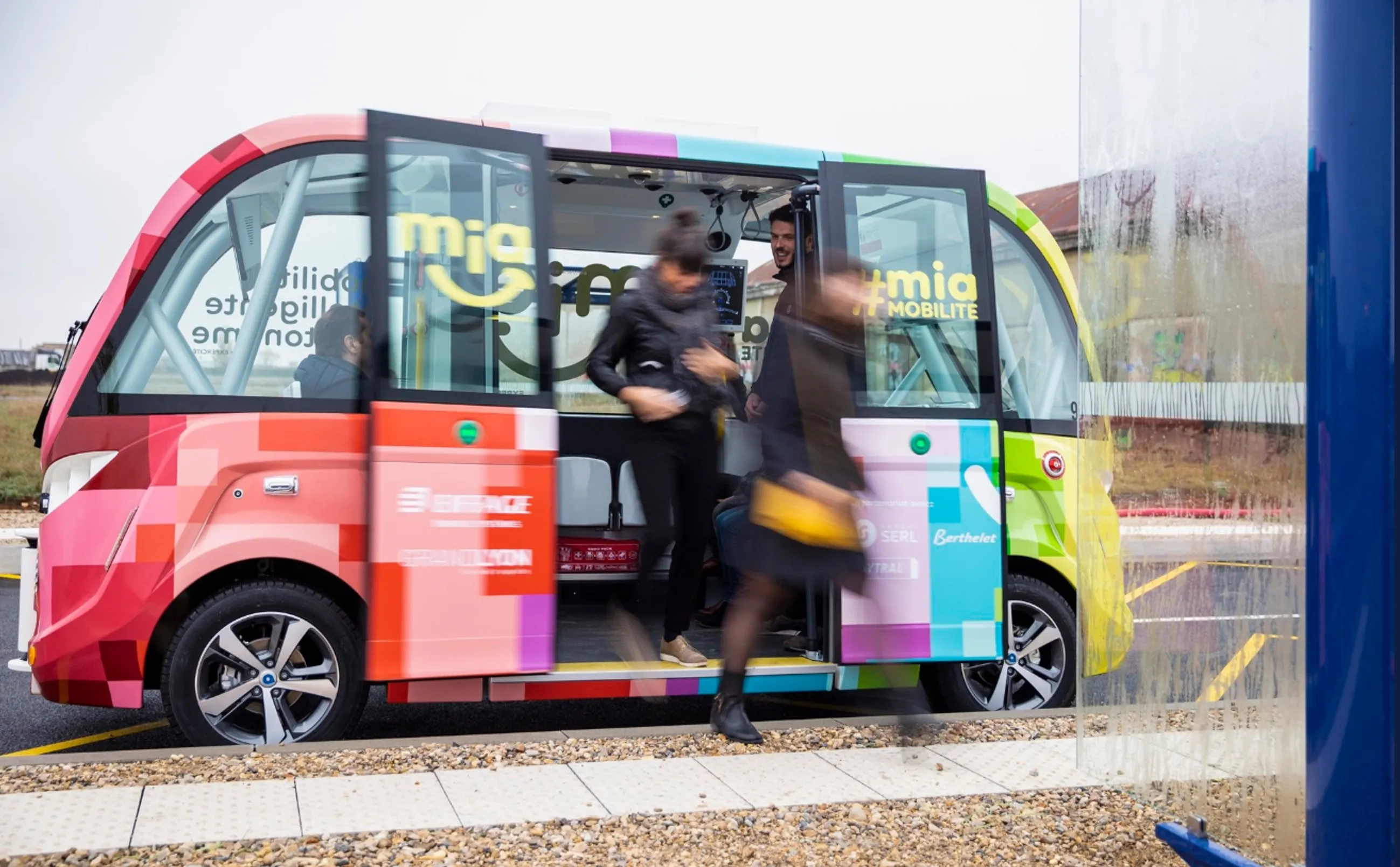Ertico–ITS Europe and Glonass Union have signed an accord between the HeERO eCall project and Glonass Union, covering the pan-European 112 eCall system based on 112 and the Era-Glonass eCall system being deployed in Russia.
The HeERO project manages the pre-deployment of the 112 pan-European eCall based emergency service in fifteen European states. Glonass Union is the Russian navigation services provider responsible for implementation of the accident and emergency response system Era-Glonass in Russia,
December 20, 2013
Read time: 2 mins
The HeERO project manages the pre-deployment of the 112 pan-European eCall based emergency service in fifteen European states. Glonass Union is the Russian navigation services provider responsible for implementation of the accident and emergency response system Era-Glonass in Russia, which will be commissioned in 2014. This historic accord recognises the valuable work being undertaken by both bodies, and seeks to utilise the synergies of both projects in testing, sharing of testing criteria and standards.
Ertico’s CEO Dr Hermann Meyer stated: “I am extremely pleased to see this close cooperation between the HeERO Pan-European eCall project and Glonass Union being formalised. This is another example of the close cooperation between Europe and Russia in the development of ITS on a global perspective, and I look forward to additional common activities in the New Year.”
President of Glonass Union, Alexander Gurko, commented: “Together with HeERO project coordinator Ertico–ITS Europe, we will carry out cross-border trials of the two systems’ interaction. Our cooperation is fixed on implementation of technologically compatible accident and emergency response systems. These services will be for free and substantially increase safety for vehicles and goods traffic along the international transport corridors passing through Russia and Europe.”










